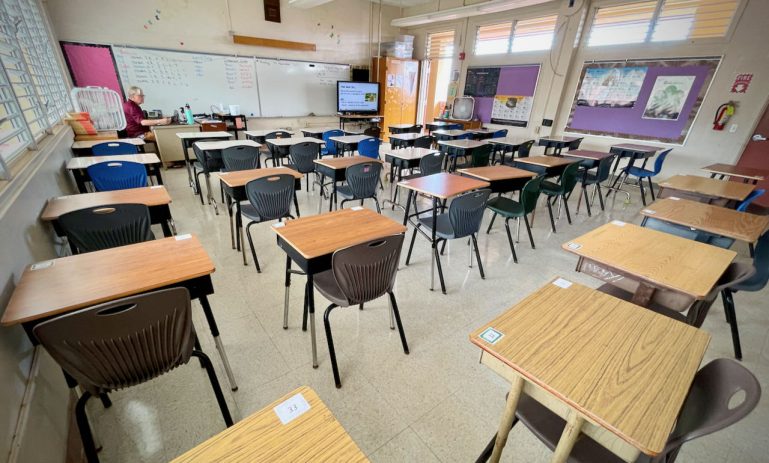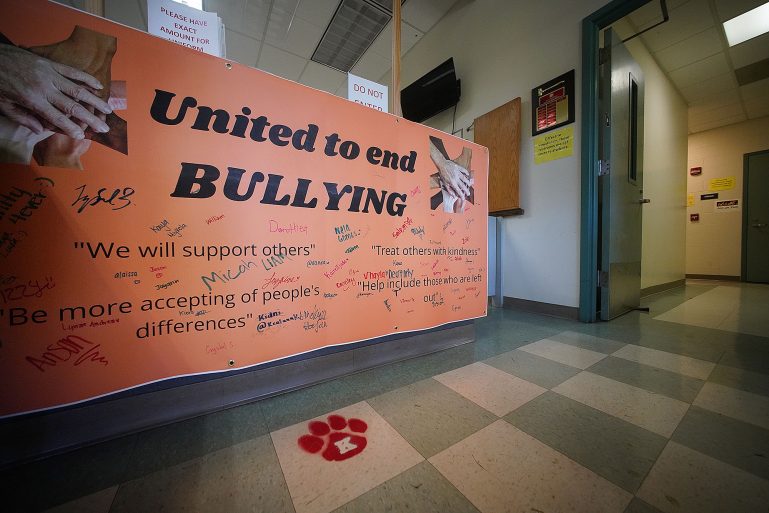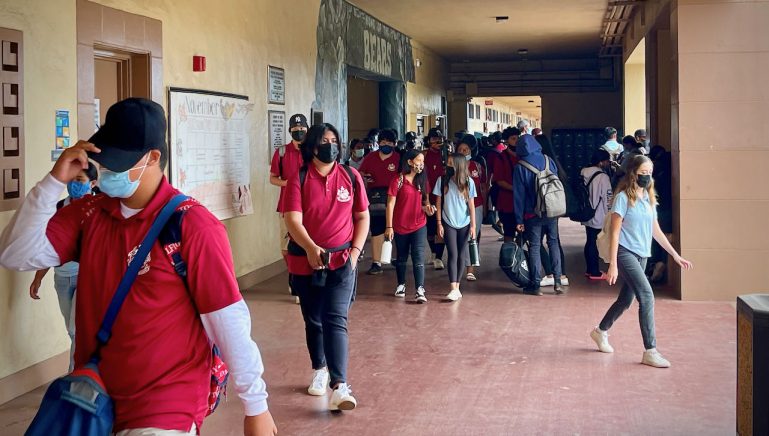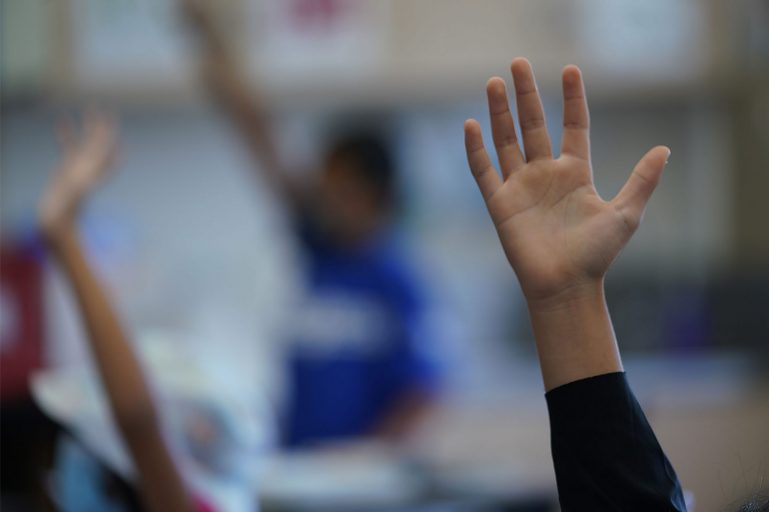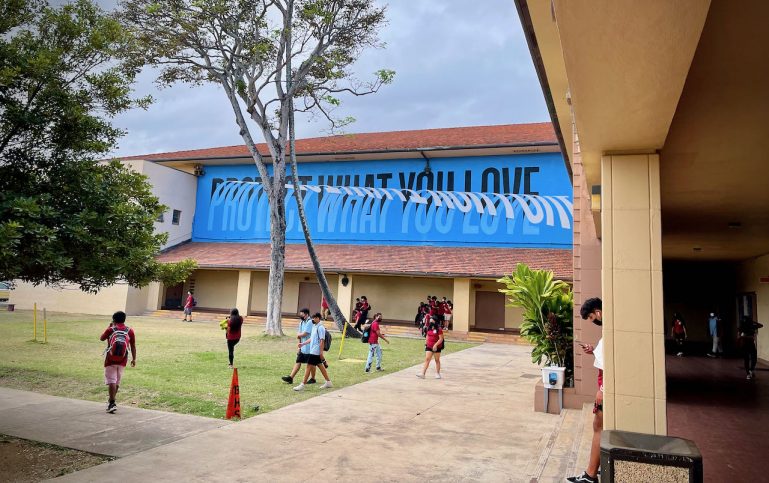I still remember a meeting with a parent when I was a new teacher 10 years ago.
It was an Individualized Education Plan, or IEP, meeting for a second grade boy during which his mother, myself, another teacher and a vice principal discussed how he was performing academically and behaviorally to come up with a plan to help him progress.
While we were discussing the boy’s challenges with reading and aggressive playground behavior, his mother interrupted with an exasperated and startlingly blunt question: “Isn’t this your job?”
She was only half correct. It is indeed the job of teachers to teach kids how to read and to not hit others because you don’t want to wait in line for the slide, but it is not only our job to do that.
What still surprises me about what she said was not that she said it, but that she said it out loud. In my experience since then, I’ve found her attitude to be fairly commonplace, but most people don’t say it directly to their child’s teachers.
Whether it’s looking for the next superintendent to come in and save the day or trying out new schemes to recruit and retain teachers, the public expectation seems to be that schools are solely responsible for all of our education woes. Few people will actually say that, but when news of low test scores from last year came out, the subsequent discussion was almost exclusively about what schools need to do and how schools need to change.
In a way that’s sensible. There are definitely reforms that will improve the education system, and we should absolutely implement them. But there’s more to it than that…
Read more at Civil Beat
Read more

